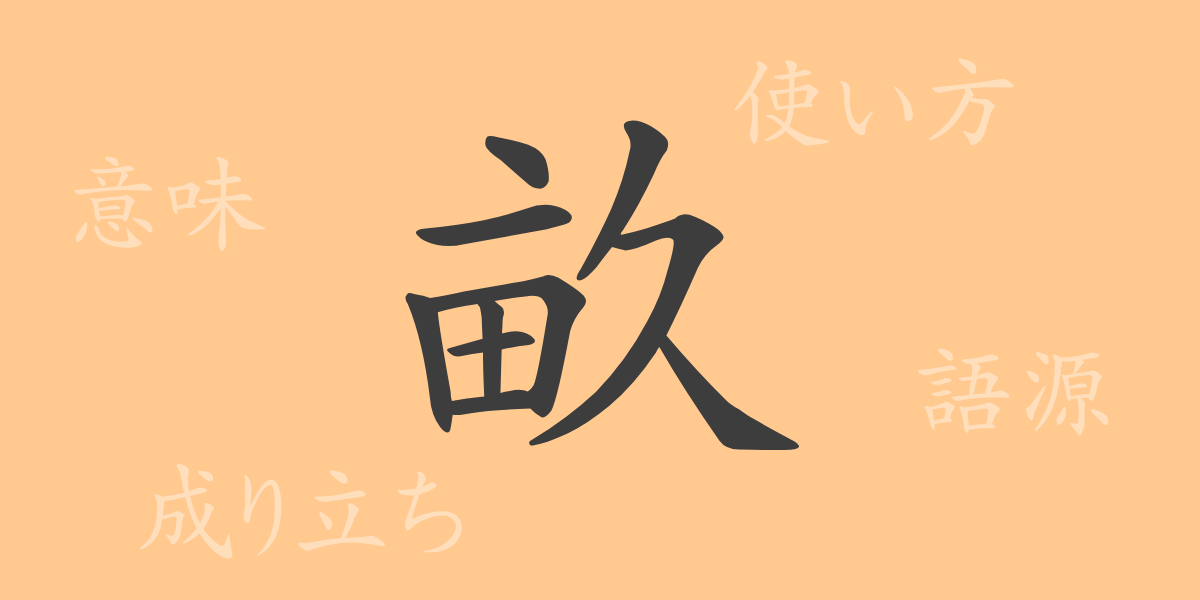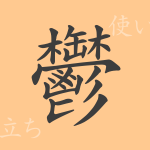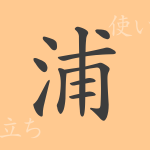“
Japanese written culture has used many kanji since ancient times, ranging from those commonly seen in daily life to those that are less familiar. “”畝”” ( une) is one of them and is considered a common kanji in Japan. In this article, we will provide a detailed explanation of the origin, meaning, usage, reading, stroke count, and radical of “”畝””. We will also introduce compound words, idioms, and proverbs that use “”畝””. Let’s explore the world of “”畝”” while experiencing the depth of the Japanese language.
The Origin of 畝 (une)
“”畝”” is a kanji that represents agricultural land and depicts the raised mounds of soil that divided fields in ancient China. This shape became established as a character and came to refer to the ridges ( une) created when cultivating land. Additionally, 畝 is related to the kanji “”田”” ( ta), which means rice field, and as the culture of cultivating fields developed, it was also used as a character to represent its importance.
The Meaning and Usage of 畝 (une)
“”畝”” has two main meanings. One is “”畝”” (une) used in agriculture, which refers to the rows of raised soil for growing plants. The other is “”畝”” (se) as a unit of area, where 1 se is equivalent to approximately 30.25 square meters. This unit has been used in Japan since ancient times to express the size of land.
Reading, Stroke Count, and Radical of 畝 (une)
The kanji “”畝”” has several readings that are used differently depending on the context.
- Reading: On’yomi “”Bou”” , Kun’yomi “”Une”” , “”Se””
- Stroke Count: 10 strokes
- Radical: 田 ( ta)
Compound Words, Idioms, and Proverbs Using 畝 (une) and Their Meanings
Compound words and idioms containing “”畝”” include the following:
- 畝傍 (unebō): Beside the ridges of a field, meaning “”very close””.
- 畝を越える ( une wo koeru): “”To venture into different fields”” or “”to go beyond one’s original scope””.
- 畝を持って天を指す (une wo motte sora wo sasu): A proverb meaning “”to attempt something beyond one’s power””.
These expressions demonstrate the rich expressive power of the Japanese language and continue to live on in words passed down from ancient times.
Conclusion on 畝 (une)
Through this article, we have learned about the historical background and diverse uses of the kanji “”畝””. From its meaning rooted in agriculture to its use as a unit, and even in idioms and proverbs, “”畝”” plays an important role in the Japanese language. To deeply understand Japanese culture and language, it is essential to explore the meanings contained in each character. We hope that you will continue to feel the depth of language through learning kanji such as “”畝””.
“

























